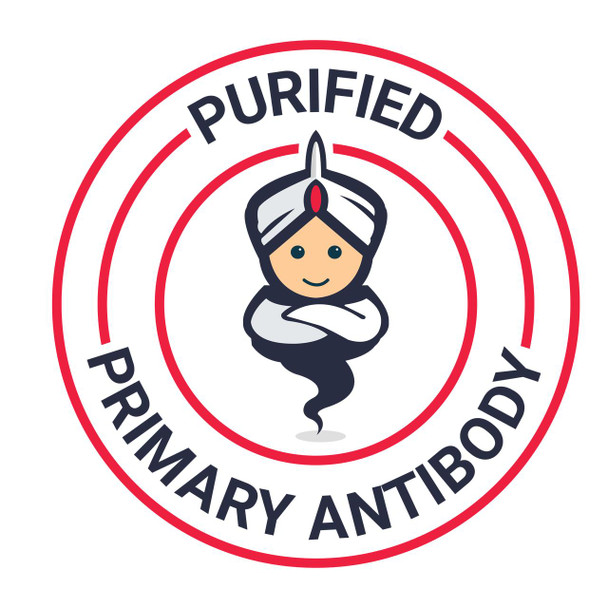Description
system_update_altDatasheet
| Product Name: | CD162 (no azide) monoclonal antibody |
| Product Code: | AGIM0089 |
| Size: | 100 µg in 100 µL |
| Reactivity: | Human |
| Clone: | TC2 |
| Applications: | Flow Cytometry |
| Conjugate: | Unconjugated |
| Isotype: | IgG1 |
| Host Species: | Mouse |
| Storage: | Store at -20°C. Avoid freeze/thaw cycles. Should be handled under aseptic conditions. |
| Uniprot: | P20062 |
| Background: | CD162 (P-selectin glycoprotein ligand-1, PSGL-1) is a sialomucin constitutively expressed as a disulfide-linked homodimer of two 120 kDa subunits on the surface of circulating leukocytes. CD162 serves as a ligand for P- E- and L-selectin, with the highest affinity for P-selectin. It is thus involved in leukocyte rolling at the endothelial surfaces, prerequisite for firm leukocyte adhesion and subsequent transendothelial migration. CD162 also mediates leukocyte-platelet adhesion and interleukocyte contacts. Whereas serving as an adhession molecule on mature leukocytes, CD162 is a potent negative regulator of human hematopoietic progenitors. This material is offered for research only. Not for use in human. For in vitro use only. ImmunoTools will not be held responsible for patent infringement or other violations that may occur with the use of our products. . |
| UniProt Protein Function: | TCN2: Primary vitamin B12-binding and transport protein. Delivers cobalamin to cells. Defects in TCN2 are the cause of transcobalamin II deficiency (TCN2 deficiency). This results in various forms of anemia. Belongs to the eukaryotic cobalamin transport proteins family. 2 isoforms of the human protein are produced by alternative splicing. |
| UniProt Protein Details: | Protein type:Secreted, signal peptide; Secreted Chromosomal Location of Human Ortholog: 22q12.2 Cellular Component: lysosomal lumen; extracellular space; extracellular region; endosome Molecular Function:metal ion binding; cobalamin binding Biological Process: vitamin metabolic process; cobalamin metabolic process; cobalamin transport; cobalt ion transport; water-soluble vitamin metabolic process Disease: Transcobalamin Ii Deficiency |
| NCBI Summary: | This gene encodes a member of the vitamin B12-binding protein family. This family of proteins, alternatively referred to as R binders, is expressed in various tissues and secretions. This plasma protein binds cobalamin and mediates the transport of cobalamin into cells. This protein and other mammalian cobalamin-binding proteins, such as transcobalamin I and gastric intrisic factor, may have evolved by duplication of a common ancestral gene. Alternative splicing results in multiple transcript variants.[provided by RefSeq, May 2010] |
| UniProt Code: | P20062 |
| NCBI GenInfo Identifier: | 224471876 |
| NCBI Gene ID: | 6948 |
| NCBI Accession: | P20062.3 |
| UniProt Secondary Accession: | P20062,Q96FD4, Q9BVI8, Q9UCI5, Q9UCI6, Q9UDM0, |
| UniProt Related Accession: | P20062,AAB25526 |
| Molecular Weight: | Calculated MW: 44kDa/47kDaObserved MW: 54kDa |
| NCBI Full Name: | Transcobalamin-2 |
| NCBI Synonym Full Names: | transcobalamin II |
| NCBI Official Symbol: | TCN2 |
| NCBI Official Synonym Symbols: | II; TC; TC2; TC-2; TCII; TC II; D22S676; D22S750 |
| NCBI Protein Information: | transcobalamin-2; macrocytic anemia; vitamin B12-binding protein 2; transcobalamin II; macrocytic anemia |
| UniProt Protein Name: | Transcobalamin-2 |
| UniProt Synonym Protein Names: | Transcobalamin II; TC II; TCII |
| Protein Family: | Transcobalamin |
| UniProt Gene Name: | TCN2 |
| UniProt Entry Name: | TCO2_HUMAN |






